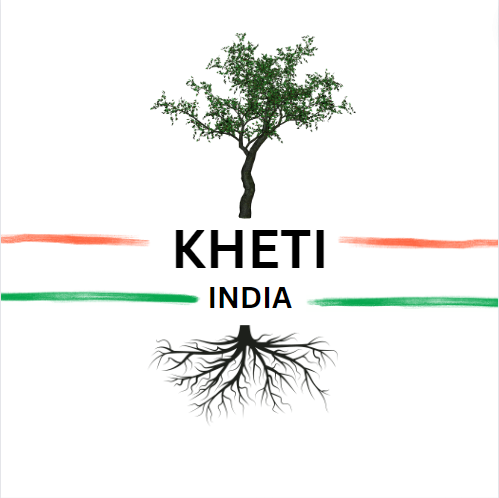Introduction
Agriculture graduates often find themselves at a crossroads—should they pursue a government job in agriculture or explore opportunities in the private agribusiness sector? Both career paths have their own advantages, but with the rapid growth of agribusiness, many professionals are considering private jobs over traditional government roles.
This article compares both options to help you make an informed career decision.
Job Security vs. Growth Opportunities
- Government jobs in agriculture, such as NABARD, ICAR, FCI, or State Agricultural Departments, offer job security, fixed salaries, and pensions. However, promotions are slow, and career growth is often limited by seniority-based systems.
- In the private agribusiness sector, job security may not be as strong, but growth opportunities are higher. Performance-based promotions, skill development, and competitive salaries make it an attractive option for ambitious professionals.
Salary & Financial Benefits
- A government job offers a stable salary, along with benefits like provident funds, pensions, and healthcare. However, entry-level salaries in government agriculture jobs are often lower than those in the private sector.
- The private agribusiness sector provides higher starting salaries, performance-based incentives, and faster pay hikes. Agribusiness companies dealing in farm inputs, exports, processing, and agritech are willing to pay competitive salaries to skilled professionals.
Work-Life Balance & Job Pressure
- Government jobs usually offer a better work-life balance, fixed working hours, and paid leaves. However, frequent transfers can sometimes be a challenge.
- The private agribusiness sector may demand longer working hours and performance pressure, but it also offers flexibility, international exposure, and career mobility.
Career Growth & Learning Curve
- In government jobs, career advancement is slow and often follows a fixed structure. Employees may have fewer opportunities to work on cutting-edge agricultural innovations.
- The private agribusiness sector encourages continuous learning, innovation, and leadership roles. Professionals in agritech, precision farming, exports, and food processing often gain hands-on experience with modern agricultural trends.
Job Availability & Competition
- Government job exams like IBPS AFO, FCI, and NABARD have limited vacancies and high competition. Thousands of candidates apply for a handful of positions, making it difficult to secure a job.
- The private agribusiness sector has a wider job market, with openings in agritech startups, agri-input companies, food processing, and supply chain management. If you have the right skills, you can secure a job faster than waiting for a government selection process.
Conclusion: Which One is Better for You?
Government Jobs:
- Secure, stable salary, and fixed career progression.
- Competitive exams with a long selection process.
- Less flexibility but strong benefits like pensions and allowances.
Private Agribusiness Sector:
- Fast career growth with performance-based promotions.
- High salary potential, especially in agritech, exports, and supply chain.
- Dynamic work environment with innovation and global exposure.
🔹 Key Considerations for Students:
✅ Identify your priorities – job security vs. growth & innovation.
✅ Gain industry experience through internships & certifications.
✅ Network with professionals and stay updated on agricultural trends.
💡 Final Thought:
Both paths have their pros and cons. Choose based on your passion, risk appetite, and long-term career goals. Your success depends on how well you adapt and grow in your chosen field.
What’s your career preference? Comment below and let’s discuss how you can build a strong future in agriculture!
🚀 For more insights on agriculture careers, visit Kheti India!

